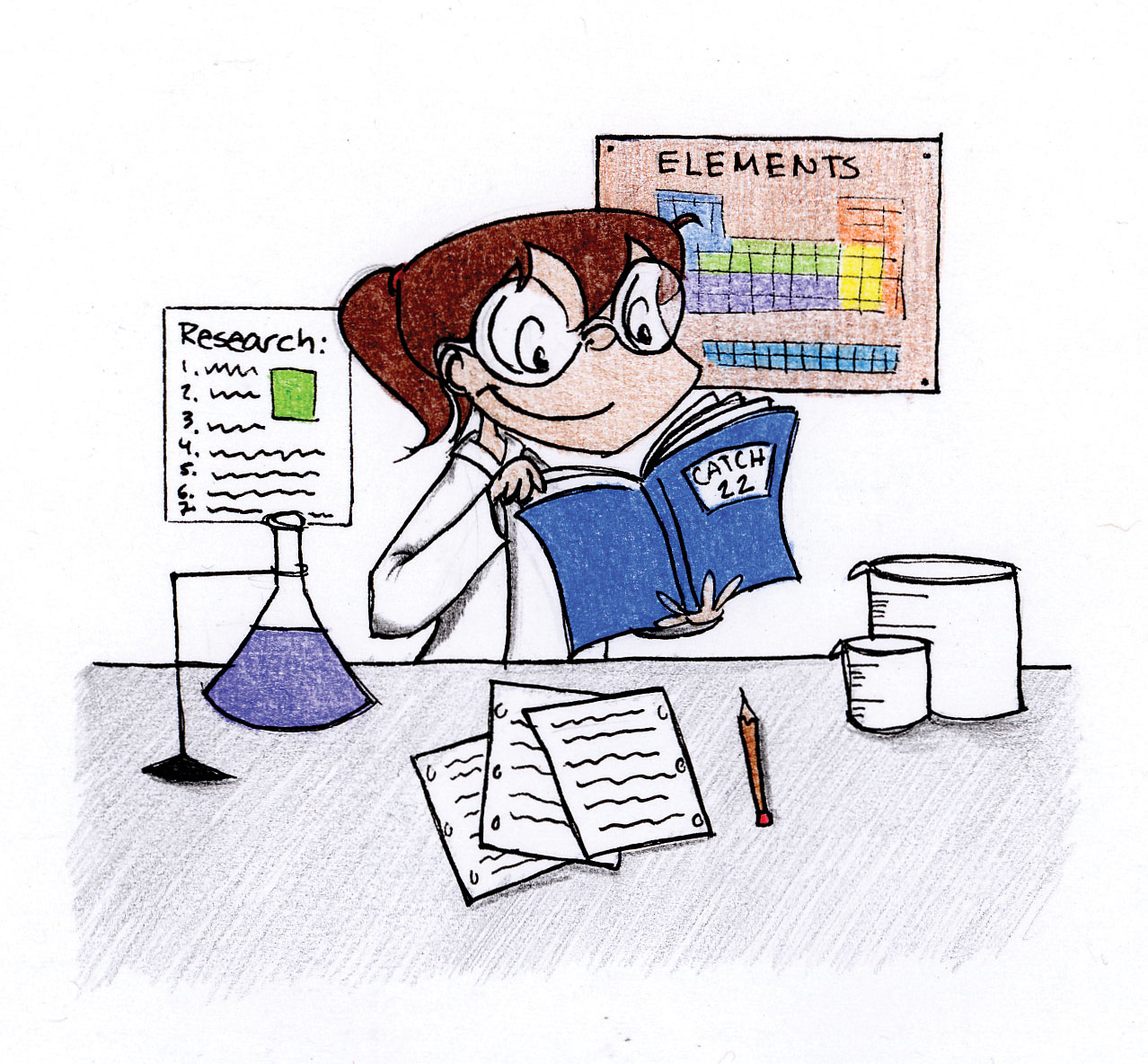I won’t lie. One of the reasons I came to UCLA was the fact that every spring, the entire campus is transformed into one massive outdoor library: the Los Angeles Times Festival of Books. I’ve left the festival hidden behind a tower ten books tall, sunburnt and deliriously happy at the prospect of new reading.
But in this age, where hard science degrees are seen as more useful and practical, literature and its study are undervalued.
In order to be well-rounded, students should have a solid grounding in literature and writing. UCLA needs to play an integral role in making that happen.
The first benefit to this is obvious: The more books you read, the better a reader and writer you are. This starts as early as elementary school. Researchers have found that the losses in learning that occur between school years are circumvented almost entirely by reading just four or five books over summer break.
In college, the mass of course readings is made considerably easier by a background in literature that starts early. Too many students come to UCLA without a good grasp of the mechanics of the English language.
On top of this, the budget cuts inspired UCLA to send layoff notices to 23 faculty members of the UCLA Writing Programs, meaning that the gaps are unlikely to be covered.
But literature’s value lies not just in the technical workings of the English language.
“Literature occupies a very distinct and unique position in the humanities and in general education,” said Ali Behdad, the chair of the comparative literature department at UCLA. “It is a kind of engine of cultural, theoretical and critical thinking that English departments make absolutely central to a rounded education for anyone who goes through college.”
Books have a unique power. They force the reader to think about the world through someone else’s eyes, and the ability to draw on different viewpoints to make your own conclusions is invaluable in any field.
“I love that books are able to teach and educate us through so many different ways,” said Renn Gutierrez, a second-year English student.
Literature is about culture, tradition and ideas ““ “the very condition of being human itself,” Behdad said. What does it mean to be human? The answer to this question is taken from experience, but all the clues are in books.
The people who flock to the Festival of Books know the pull of a good book, its power over the human soul and the strange way writers have of describing your exact feelings.
“Whether you’re reading a sappy, sentimental tearjerker or a fast-paced, action-packed novel, the joys of flipping the pages and being taken to a whole different world has always meant a great deal to me,” Gutierrez said.
Literature is extremely flexible. It acts as commentary on all aspects of life, from the broadest ““ the durability of love in “Love in the Time of Cholera” by Gabriel Garcia Marquez ““ to the highly specific ““ the saturation of media in society in “White Noise” by Don DeLillo.
My own experience with this happened when I read John Steinbeck’s “East of Eden.” It brought to light ideas that I hadn’t considered before: How much free will do people have? Are we condemned to make the mistakes of our parents? How many of their sins do we inherit?
After the last, delectable page, I closed the book and found myself asking these questions about everyone I know.
UCLA can do a lot to make sure that students have a truly rounded education, one that includes a thorough study of literature. Many degrees don’t require literature classes, merely writing classes geared toward the major. Students, especially the denizens of South Campus, would benefit from having literature classes featuring books that deal, even tangentially, with their area of study.
While no one wants to take more classes, this could be done by changing the redundant Society and Culture or Scientific Inquiry requirements to incorporate more literature-based classes. The English department could collaborate with other departments to create relevant book lists, released every quarter to interested students.
For example, biology and chemistry students could discuss the viability of alien life after reading Orson Scott Card or Robert Heinlein. Political science students could analyze the themes of “1984” in the context of their major. History becomes more human and relatable with any number of historical novels.
I could fill a book (forgive me) writing about the benefits of good literature. And at UCLA, it is incredibly easy to find books ““ we have more than 8 million volumes, the English Reading Room and special collections that are the envy of universities everywhere. All that is left is for students to put them to good use.
